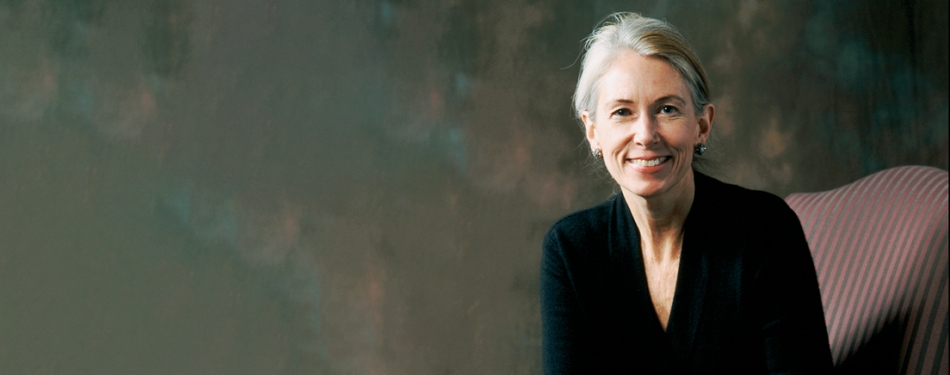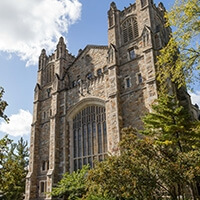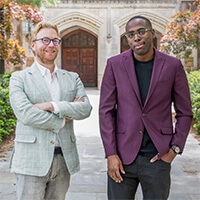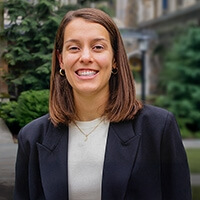Catharine MacKinnon, the Elizabeth A. Long Professor of Law, is the 2022 recipient of the Henry M. Phillips Prize in Jurisprudence. She is only the 26th winner in the 134-year history of the prize.
The American Philosophical Society bestows the Phillips Prize, which recognizes outstanding lifetime contributions to the field of jurisprudence and important publications that illustrate that accomplishment. MacKinnon will receive the award at the organization’s April 2023 meeting.
“As only the third woman to receive this recognition, I hope it indicates that there will be more,” said MacKinnon, a feminist legal scholar. “It also means that challenging power is not fatal to your career, as ambitious young people are constantly—and not without reason—told it is, explicitly and tacitly.”
MacKinnon specializes in sex equality issues under international and domestic law. She pioneered the legal claim for sexual harassment and, with Andrea Dworkin, created ordinances recognizing pornography as a civil rights violation and the Swedish model (Equality Model) for abolishing prostitution.
Her approaches to equality, pornography, and hate speech have been influential internationally. Representing Bosnian women survivors of Serbian genocidal sexual atrocities, MacKinnon, along with her co-counsel, won a damage award of $745 million in August 2000 in Kadic v. Karadzic under the Alien Tort Act, the first recognition of rape as an act of genocide.
“All of us at Michigan Law are so proud of Professor MacKinnon and excited for her to receive this well-deserved recognition of her groundbreaking career,” said Mark West, the David A. Breach Dean of Law and Nippon Life Professor of Law. “We are very privileged to work with and learn from her.”
MacKinnon is also the long-term James Barr Ames Visiting Professor of Law at Harvard Law School and has taught at universities in the US, Canada, Switzerland, and Israel. She was awarded residential fellowships at the Institute for Advanced Study, Stanford University, the Wissenschaftskolleg zu Berlin, and the University of Cambridge.
Among the most widely cited legal scholars in the English language, she has authored several books and journal articles, and practices and consults internationally. From 2008 to 2012, she served as the first special gender adviser to the prosecutor of the International Criminal Court in The Hague, where she implemented her concept of “gender crime.”
“This award is so deserved, in that Catharine MacKinnon has relentlessly exposed inequalities in our philosophical traditions, legal theories, politics, and law, and has in fact also worked to undo them, by litigating seminal cases, by advising institutions around the world, by teaching,” said Justice Susanne Baer, LLM ‘93, of the German Federal Constitutional Court and a L. Bates Lea Global Law Professor at Michigan Law. “In particular, the prize counters the misreadings and ensuing attacks Catharine has faced because of her work and recognizes someone who has changed things, first and foremost, for women.”
The American Philosophical Society, the oldest learned society in the United States, was founded in 1743 by Benjamin Franklin for the purpose of “promoting useful knowledge.” Unlike other prestigious recognitions, it does not bestow the Phillips Prize every year.
“My immediate reaction on receiving the email ‘Congratulations!’ of this honor was to delete it with the thought that these Nigerian ‘Dear Madam’ scammers sure have upped their game,” MacKinnon joked. “Upon quickly checking the bona fides of the entity and prize with friends and online, I found it is indeed highly legit and was thoroughly floored. It is hard to take in.”







